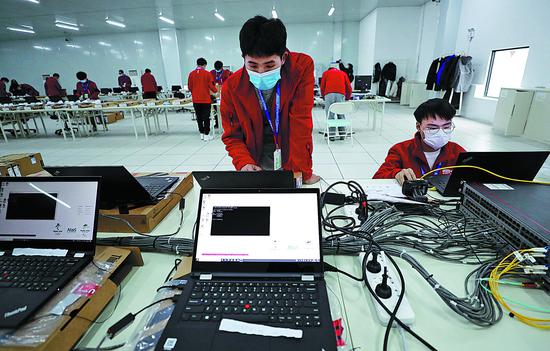
Workers test devices at the main logistics center for the Beijing 2022 Winter Olympic Games in Beijing on Thursday. (Photo by Zhang Wei/China Daily)
Unmanned vehicles will make deliveries between the closed-loop management area and other areas during the Beijing 2022 Winter Olympic Games to reduce people-to-people contact in accordance with pandemic control protocols.
The Games will be carried out in the closed-loop management area, where athletes, coaches, media representatives, officials and related participants will be required to stay within a biosecure bubble. Their movements will be confined to certain places, such as their hotels and training and competition venues. They will not be permitted to visit communities outside the bubble.
At the main distribution center for the Games in suburban Beijing, two blue unmanned vehicles-one large and one small-moved items around in a warehouse, showing their functions to reporters on Thursday.
The self-driving vehicles can travel on preprogrammed routes. They can recognize and negotiate obstacles in their paths, moving around obstructions to proceed.
Li Jin, the head of a team working for the Beijing 2022 organizing committee's logistics department, said the small vehicles will be used in indoor venues, and the large ones at outdoor sites.
"The vehicles can transport small and medium-sized goods between areas in the closed-loop management area and outside of it, which will help reduce people-to-people contact and further lower the risk of the spread of the coronavirus," he said.
Cabinets have been installed at designated areas at the borders of the bubble so people can pick up goods that are delivered.
"People from one side can place a parcel in the cabinet, and those on the other side can open the door and receive it, without meeting each other," he said.
About 80 percent of items needed for the venues, including furniture and appliances, have been delivered from outside the bubble, the organizing committee said. At the distribution center's warehouse, computers and printers were packed and loaded onto trucks, ready to be sent to venues last Thursday.
Other unmanned vehicles resembling the round cleaning robots often seen in households are being used to carry shelves of goods, arranging them by following white tiles on the ground.
Li said the driverless cars, called "land wolves", have greatly boosted operational efficiency in the warehouse.
Based on experiences from previous Games, a similar warehouse would usually have about 500 workers during its busiest period. However, because of the assistance from the land wolves and other high-tech devices, the warehouse is expected to have only 350 workers during its peak. They will mostly be responsible for loading and unloading packages after the Games, he said.
Li Yanling, director of the organizing committee's logistics department, said green concepts have been incorporated in all aspects of the logistics system to serve the Games.
"We will use environmentally friendly vehicles and facilities to promote low-carbon use at the Games," she said. "We have adopted slimmer wrapping tape for deliveries and are avoiding unnecessary double wrapping, and we are building a green distribution center in terms of architecture, electricity and drainage design."








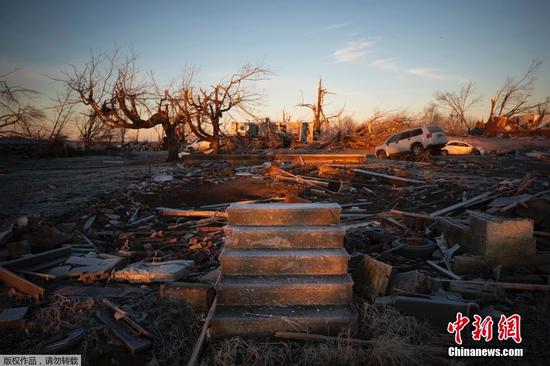
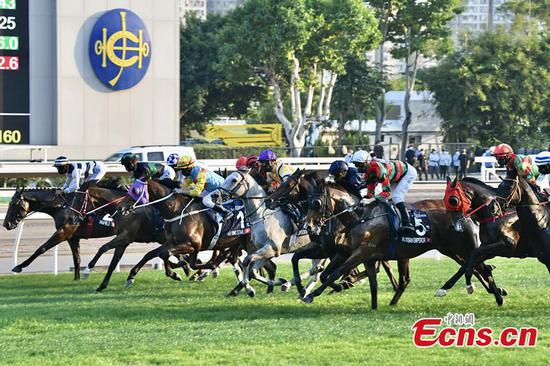
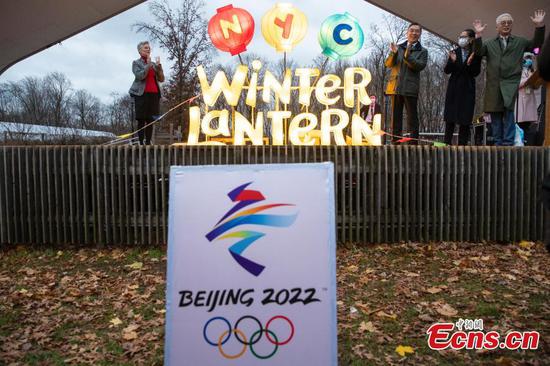
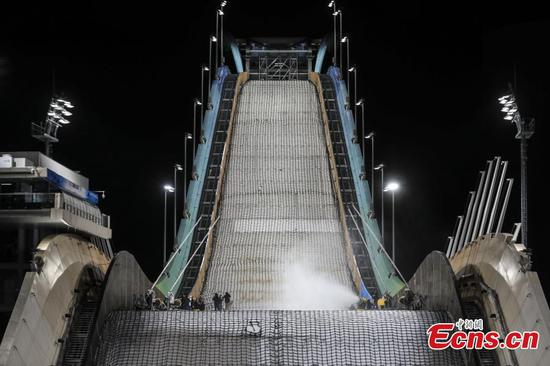
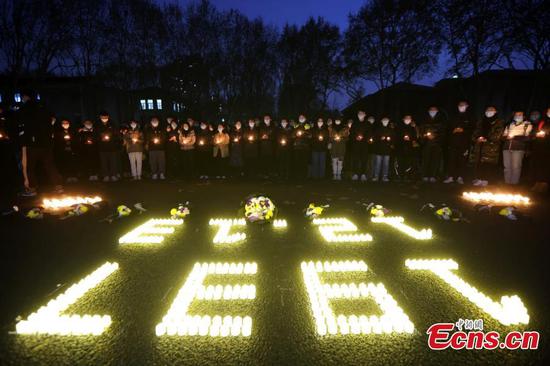
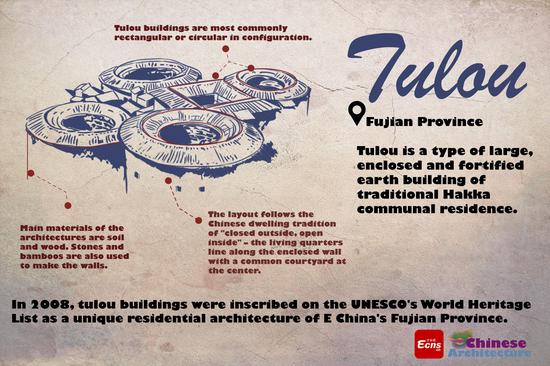
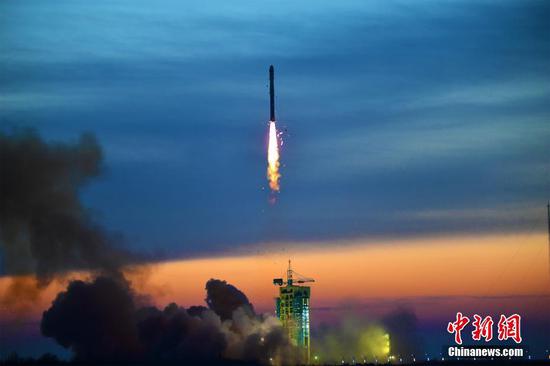
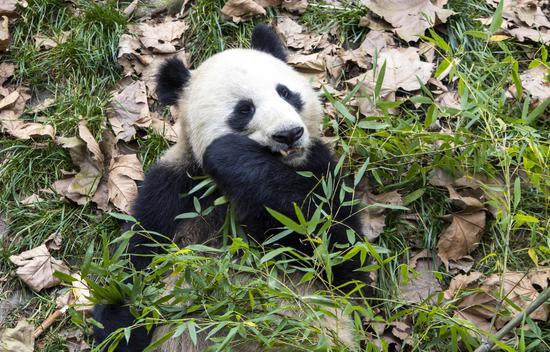
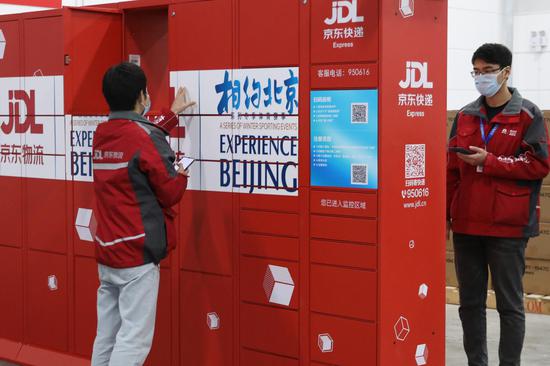
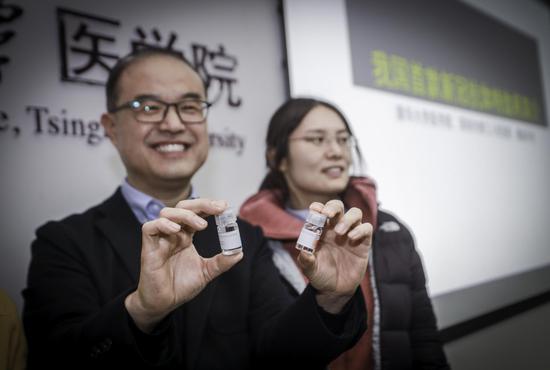
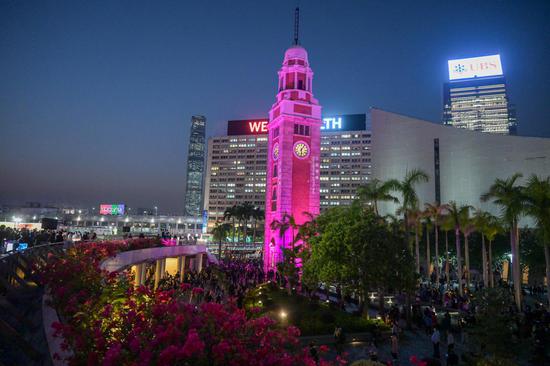
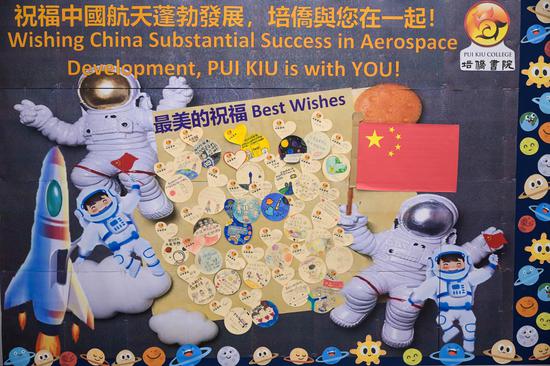

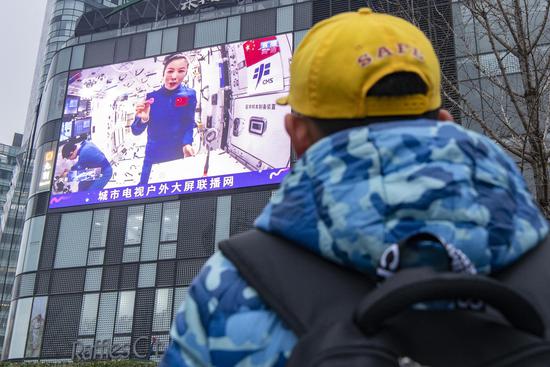
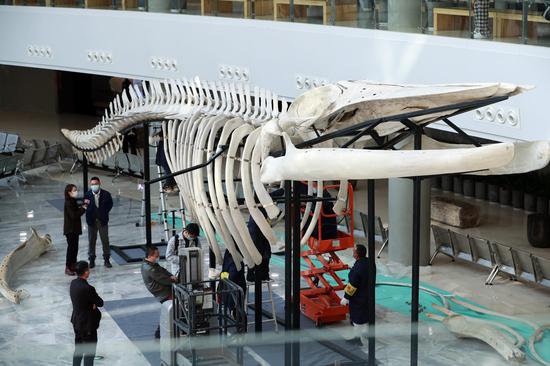
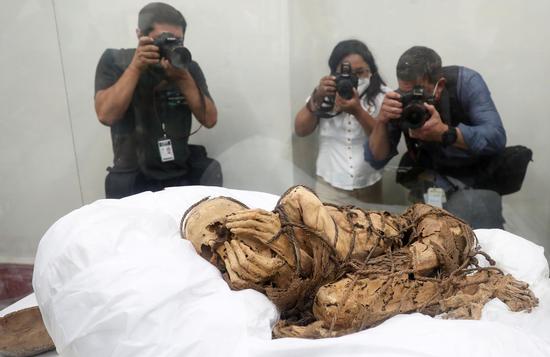
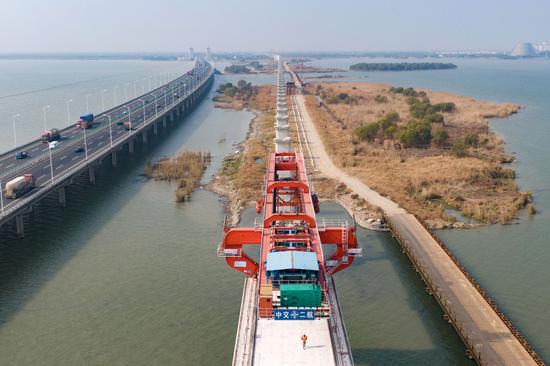
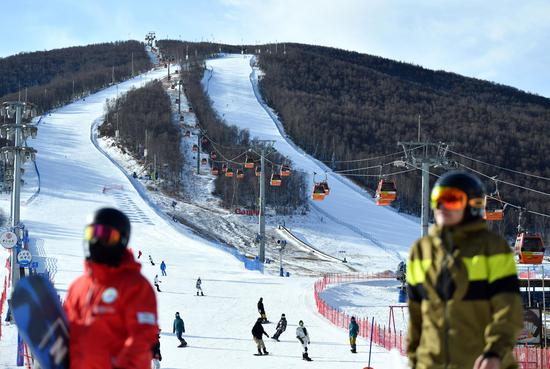
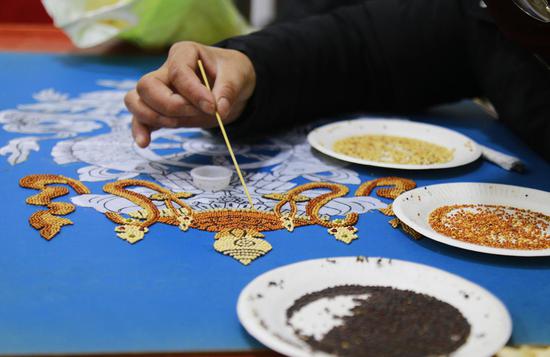
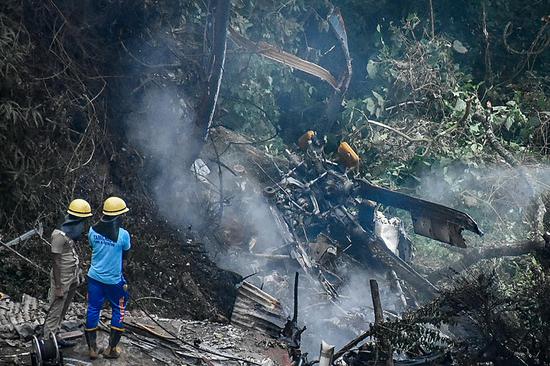

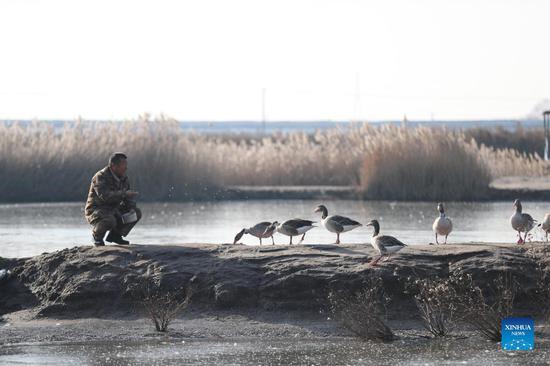

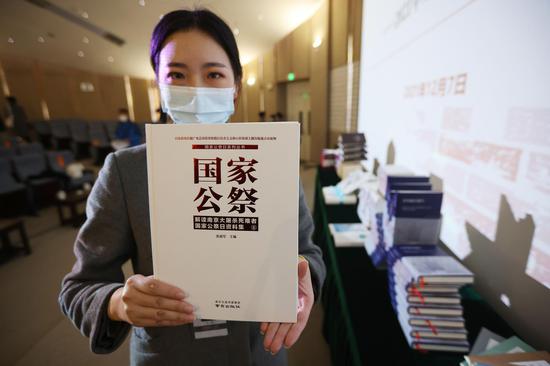

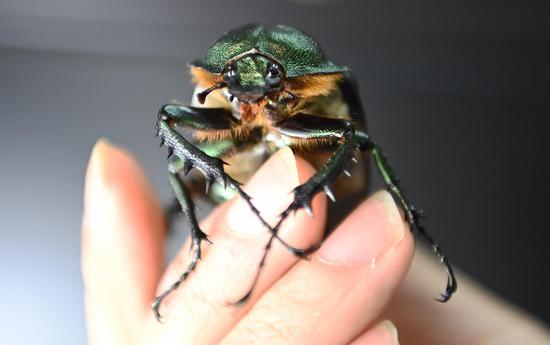
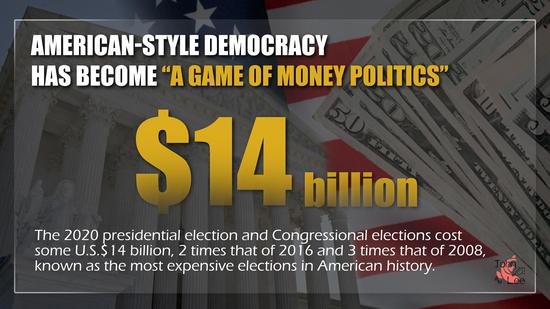

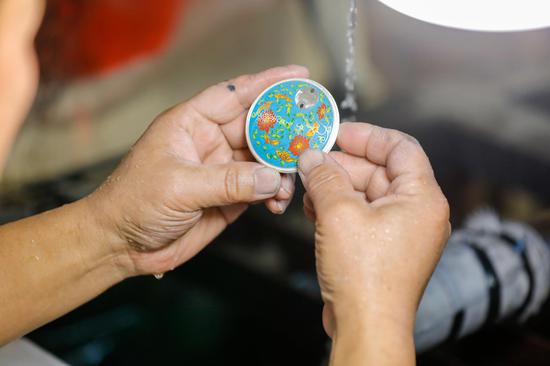
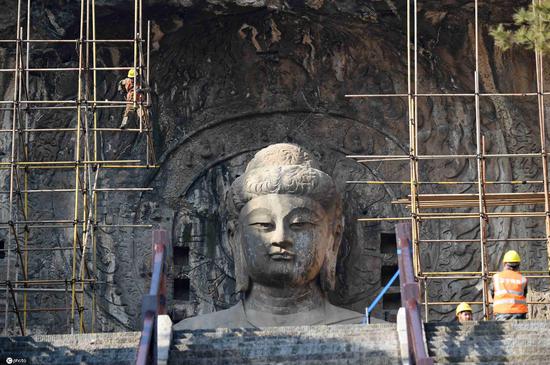

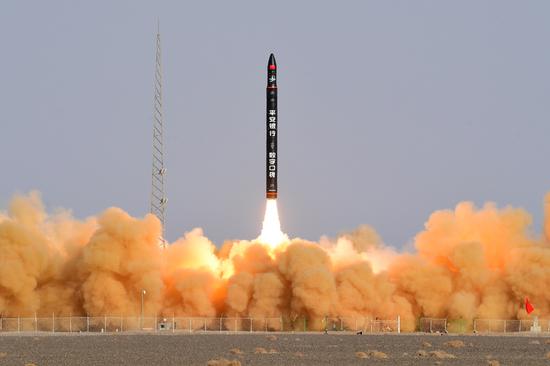
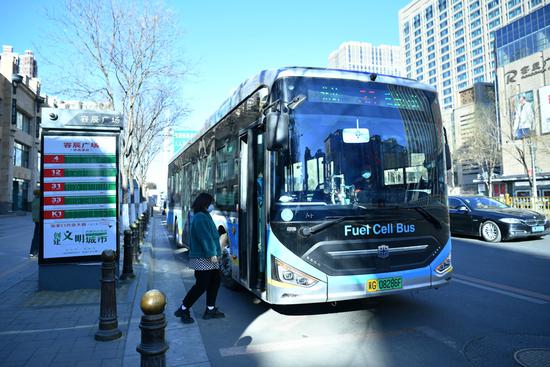

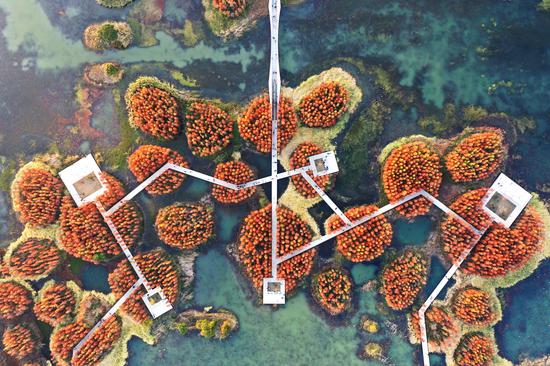

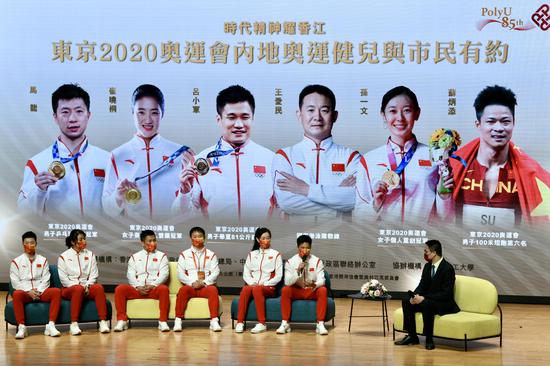





 京公网安备 11010202009201号
京公网安备 11010202009201号